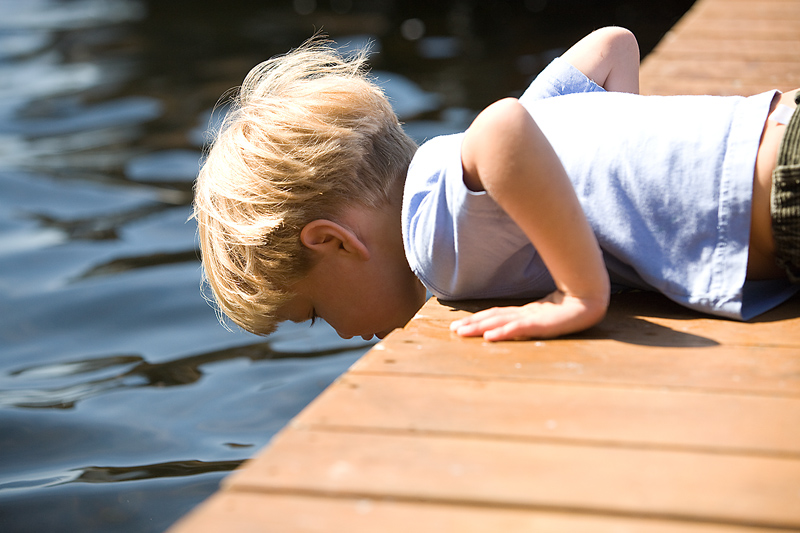
TUESDAY, April 19 (HealthDay News) — About 1 in 8 children infected with HIV experiences triple-class virological failure — meaning the virus becomes resistant to multiple drugs — within five years of starting antiretroviral treatment, a European study shows.
That drug failure rate is higher than in adults and highlights the challenge of maintaining viral load suppression in young patients who begin antiretroviral therapy so early in life, the researchers said.
Virological failure occurs when drugs can no longer reduce the amount of HIV in a patient’s blood, according to the U.S. National Institutes of Health.
The study included more than 1,000 HIV-positive children in several European countries. The children, who were infected with HIV via their mother before or at birth, were under 16 years of age and began treatment with three or more drugs between 1998 and 2008.
Along with an overall 12 percent rate of triple-class virological failure, the researchers also found that children who began antiretroviral treatment at an older age were more likely to experience failure.
One expert said that the higher rate of virological failure may be tied to lower rates of drug adherence by kids.
“HIV is a dynamic infection in which billions of virus particles are produced each day in the bodies of HIV infected persons,” explained Dr. Bruce Hirsch, attending physician in Infectious Disease at North Shore University Hospital in Manhasset, N.Y. “Though each particular virus dies off in less than a day, the high rate of production and the high mutation rate requires that three active anti-viral medicines be present in the blood stream continuously for years.”
“Growing up is hard to do,” Hirsch added, and “taking unpalatable medications every day is hard on young kids.”
But there are potential solutions.
“Easier to take combinations, better tasting syrup versions would help children cope with this infection,” Hirsch said.
The study’s authors agreed. “There is continued need for strategies to promote optimum drug adherence in children, caregivers and young people to minimize the likelihood of triple-class virological failure, and for development of suitable new drugs and formulations to optimize the treatment of children with treatment failure,” wrote Ali Judd and colleagues at the Medical Research Council Clinical Trials Unit in London.
The study appears online April 19 in The Lancet.
More information
The New Mexico AIDS Education and Training Center has more about HIV and children.

